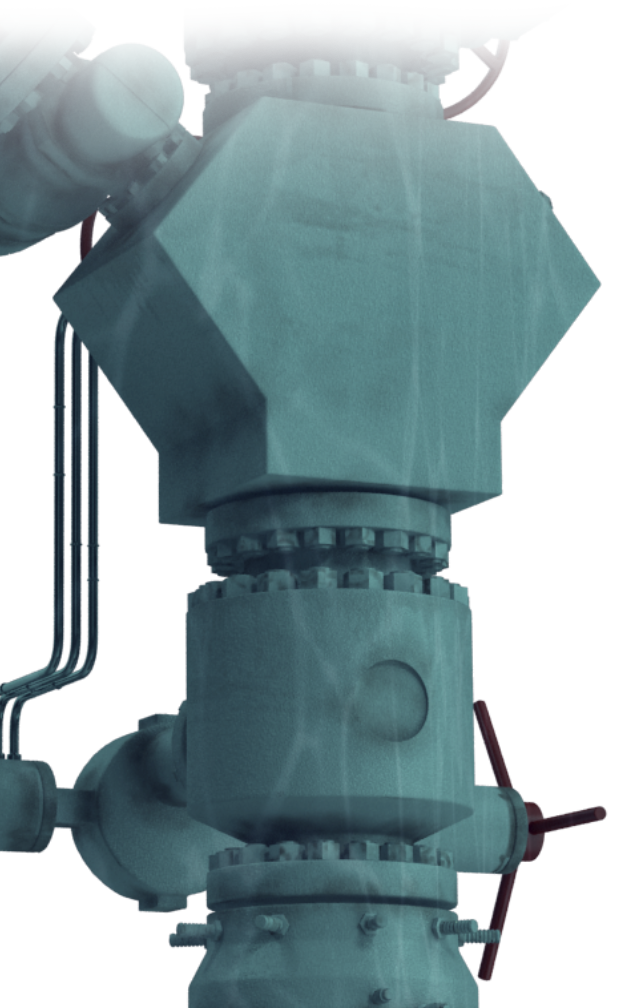We are a tribe of rebels with purpose.
Our rebelliousness is a creative and disruptive force, driven by the courage to think differently and act unconventionally. PRIO is where rebellion meets purpose.
Find out if you identify with this




Our rebelliousness is a creative and disruptive force, driven by the courage to think differently and act unconventionally. PRIO is where rebellion meets purpose.
Find out if you identify with this






With nonconformity and boldness, we built a journey with great results in 10 years of history.
Discover our trajectory


Discover our operations on the Polvo Field, Tubarão Martelo Field, Frade Field, Wahoo Field, Albacora Leste Field and Peregrino Field.
Access






We want to grow by helping people and the planet, doing this through responsible management that respects the environment and society.
Get to know our initiatives